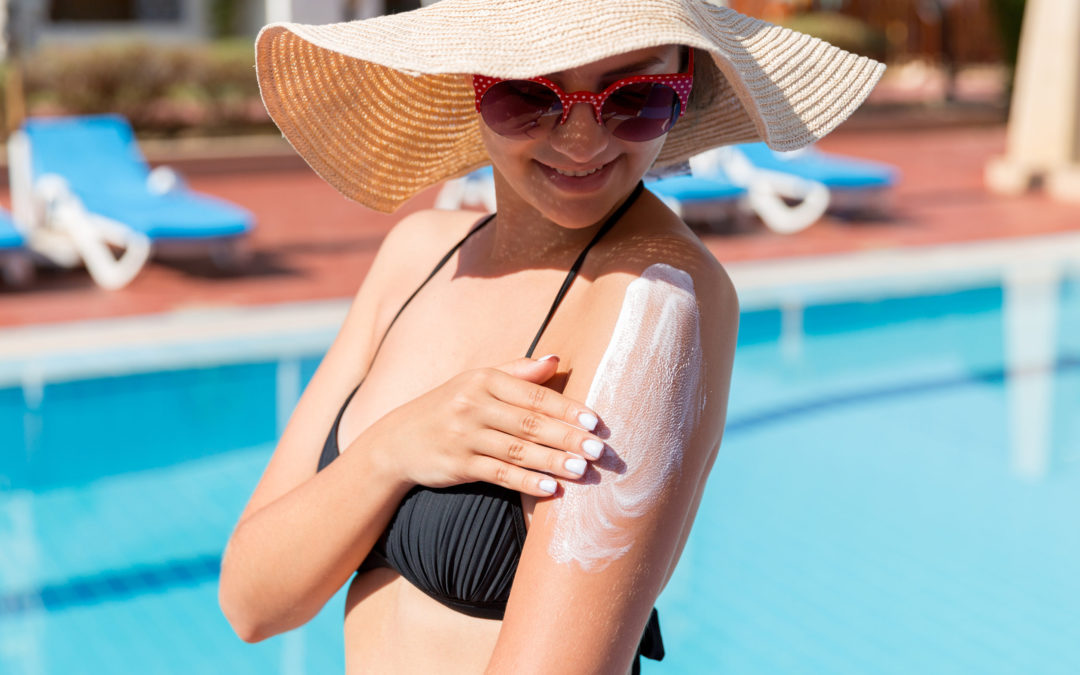Sunscreen should be a staple in your personal care routine. Whenever you head outside, you need sunscreen to protect your skin against the sun’s damaging rays. To avoid sunburns, premature skin aging, and skin cancer, applying sunscreen is simply a must. But, there’s a lot of crucial information about sunscreens that aren’t widely known by consumers. Here, we’ve compiled these essential facts so that you can maximize the benefits of your sunscreen use.
High SPFs Are Misleading.
When you’re shopping for sunscreen, you’ll likely notice the range of SPFs available. It may seem like reaching for the highest SPF on the shelf will offer much more protection against the sun’s harsh rays, but this isn’t exactly true.
According to the Skin Cancer Foundation, SPF 30 sunscreen will block out 97% of the sun’s rays and SPF 50 sunscreen will block out 98% of the sun’s rays. This means that the difference between a sunscreen with an SPF of 30 and an SPF of 50 isn’t dramatic. In fact, for many people, wearing a very high SPF makes them feel safer out in the sun for prolonged periods. This can make them less likely to reapply than if they were wearing a lower SPF, ultimately leading to a higher risk of sunburn.
We recommend wearing sunscreen with an SPF of at least 30. If you opt for a higher SPF, know that you’ll still need to reapply it every two hours or so when you’re spending time outside.
There’s No Such Thing As Waterproof Sunscreen.
No sunscreen is truly waterproof, which is why sunscreen companies are no longer allowed to advertise their products as waterproof or sweatproof. As an alternative, you’ll notice that sunscreens are labeled as either “water-resistant” or “very water-resistant”. Water-resistant sunscreen can work for up to 40 minutes in water, while very water-resistant sunscreen can work for up to 80 minutes in water.
If you need sunscreen for the pool or intense and sweaty exercise sessions, it’s wise to opt for a “very water-resistant” option. But, know that you’ll still have to reapply sunscreen every two hours to stay protected from the sun.
Broad-Spectrum Sunscreen Offers Superior Protection.
The sun emits two different types of damaging rays: ultraviolet A (UVA) rays and ultraviolet B (UVB) rays. UVA rays are the most prevalent and can lead to early signs of skin aging, namely wrinkles. UVB rays, while less common, cause sunburn and more significantly contribute to skin cancer.
Broad-spectrum sunscreens protect against both UVA and UVB rays; this makes them the most effective option for shielding your skin from the harmful effects of the sun.
For yearly skin cancer screening and more information about protecting your skin from the sun, schedule a consultation at The Bowman Institute today!

